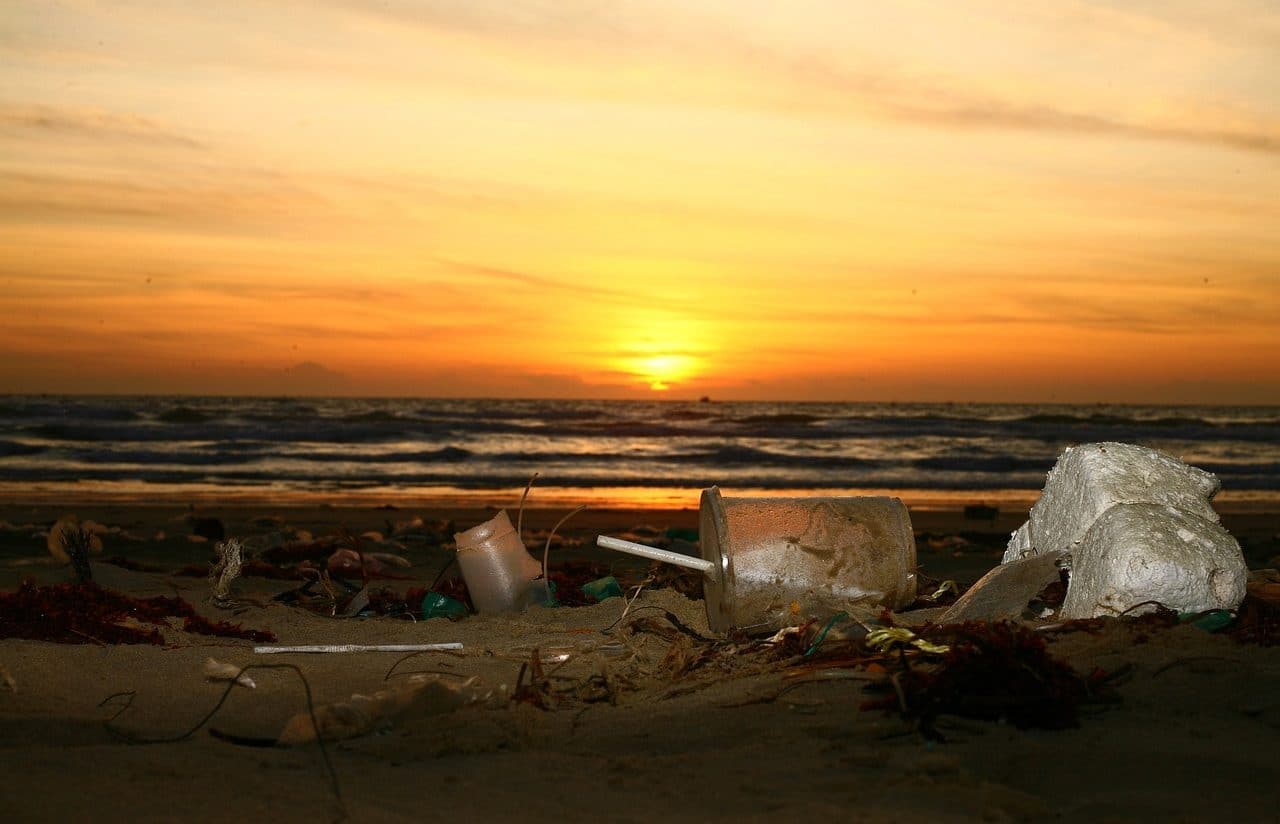
Monocultures (which are included in the development of intensive agriculture) are one of the factors that influence the loss of biodiversity, a problem that causes, for example, the degradation of habitats and the extinction of many species.
The loss of biodiversity is a problem of universal scope that has multiple causes and generates various consequences. It is important, therefore, to learn about the reasons that trigger this devastating and dangerous phenomenon for the entire planet and to investigate possible solutions or strategies that can contribute to reversing or stopping environmental damage.
Environmental education , together with common sense, public policies aimed at preserving ecosystems and good individual and collective practices, is a fundamental combo to take care of the Earth and respect all the beings and organisms that inhabit it.
The relevance of biodiversity cannot be overlooked, since it is vital for the survival and optimal quality of life of all species, including of course humans.
Causes of biodiversity loss
The causes of biodiversity loss are numerous, but some are more alarming than others. The differences between them are due to the impact they have, their scope or the possibility of being able, or not, to be avoided, appeased or remedied in the short, medium or long term.
As we discover the sources of detriment to ecosystems, it comes to light that, unfortunately, people are mainly responsible for this problem, which even puts our health and the well-being of future generations in check.
Urbanization plans, human overpopulation , deforestation , species trafficking , poaching , mining and excessive consumption are some of the triggers for the adverse panorama in terms of species diversity .
Of course, the delicate situation of a large amount of flora and fauna is also worsening as a result of climate change , pollution , ocean acidification , global warming and the unsustainable use of resources , to add other factors. Many of these items also explain the alteration of the water cycle .
As research into the triggers of biodiversity loss deepens, the issue of the invasion of exotic species soon arises. This issue arises when, whether voluntarily or unintentionally, microorganisms, fungi, plants or animals are transported to areas outside their natural distribution areas.

Poaching, illegal wildlife trafficking, habitat destruction and climate change, among other factors, endanger many species, to the point of extinction in some cases.
Impacts and effects
The loss of biodiversity translates, specifically, into an ecological imbalance . When at least one element that gives stability to nature is affected, instability occurs at a biological level. Thus, therefore, desertification is observed due to unsustainable agricultural practices , repeated forest fires , overexploitation of territories, etc.
Unfortunately, the increasingly frequent destruction of habitats is causing a marked extinction of species and considerably multiplying the number of endangered species . And that leads, in turn, to an imbalance in food chains .
It is essential to put a stop to the imbalance in terrestrial ecosystems and work against the clock in a sustained and efficient manner to regain balance in soil, air and water . Otherwise, the negative impact will become increasingly serious until reaching a reality that is impossible to reverse.
Strategies to fight against biodiversity loss
The effort and work carried out around the world by volunteers from conservation groups and organizations and movements linked to the care of the planet and the protection of species is of enormous value, but more actions, measures and strategies are still needed to fight against the loss. of biodiversity .
If we want to make the Earth a healthier and more attractive place to live (without continuing to suffer the effects of the loss of pollinators and glaciers , among others), it is essential that resources and time be invested in environmental education . Children, young people and adults must also be prepared and encouraged to acquire positive and respectful habits framed in sustainable development and a lifestyle based, for example, on responsible consumption . Not wasting water, voluntarily getting involved in beach cleanups to remove polluting elements from the sand and minimizing the amount of plastics in oceans, traveling by sustainable means of transportation and using renewable energy as much as possible are small gestures that nature appreciates.
Governments, meanwhile, must promote policies and laws that promote progress and social and economic growth without generating environmental decline . We must also discourage unsustainable or unsustainable tourism and fight against trawling and biopiracy .

The arrival of plastic elements into the sea, in addition to contaminating the ocean, represents a serious danger for the survival and well-being of marine fauna, since some species confuse such products with food.
Companies and industries, for their part, would have to be obliged to implement good practices in their processes and have protocols or dynamics that are safe and cause the least possible environmental impact .
Fight and condemn everything from illegal logging to overfishing ; control the extraction and exploitation of natural resources ; Reducing the level of pollution and carrying out awareness campaigns so that more and more individuals recycle, reuse elements, take care of resources and avoid throwing waste in inappropriate places is necessary to achieve harmonious coexistence on the planet .
